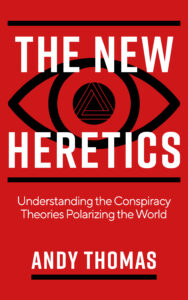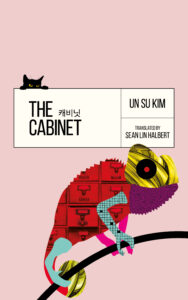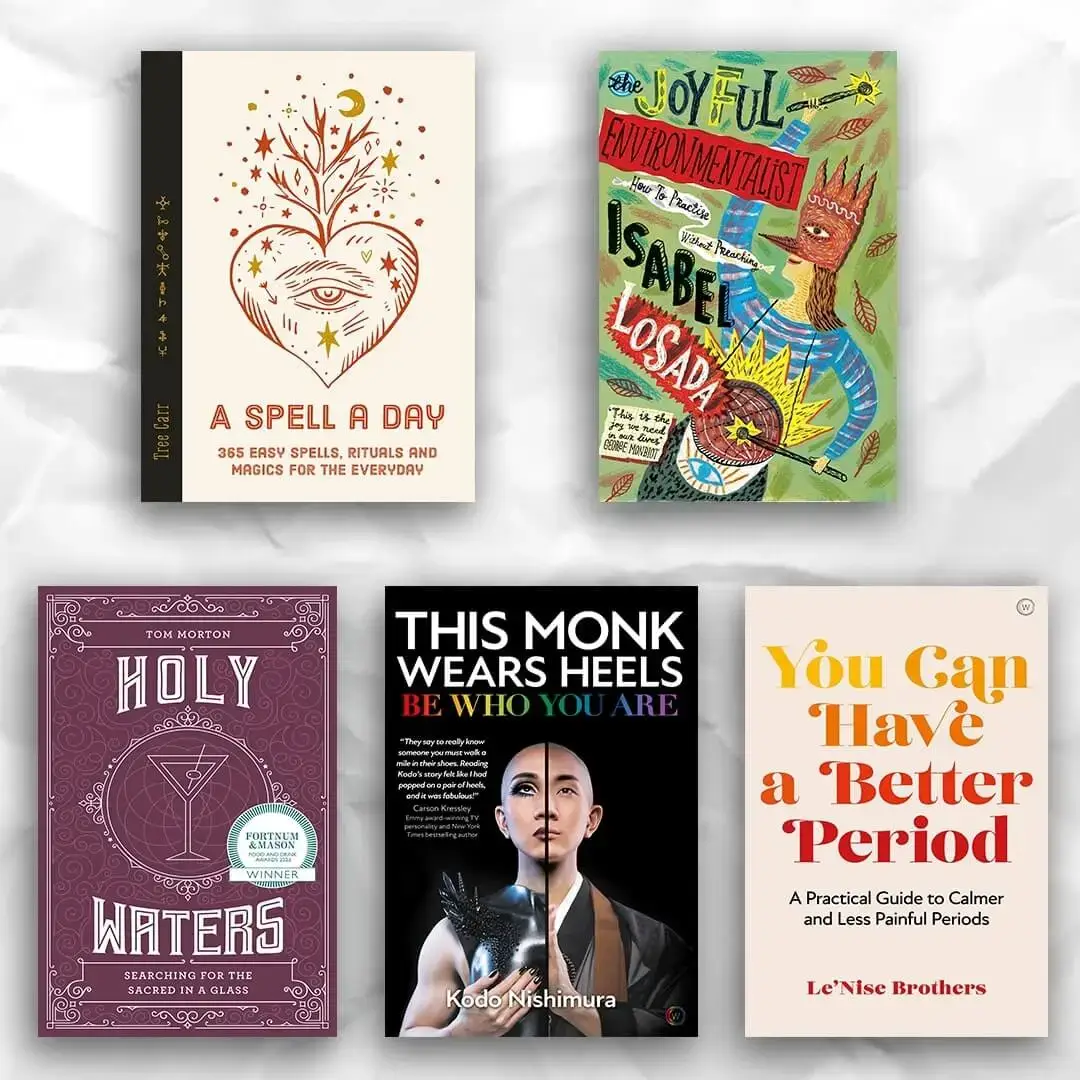A Peek into Publishing: Editorial and Audio with Daniel Culver
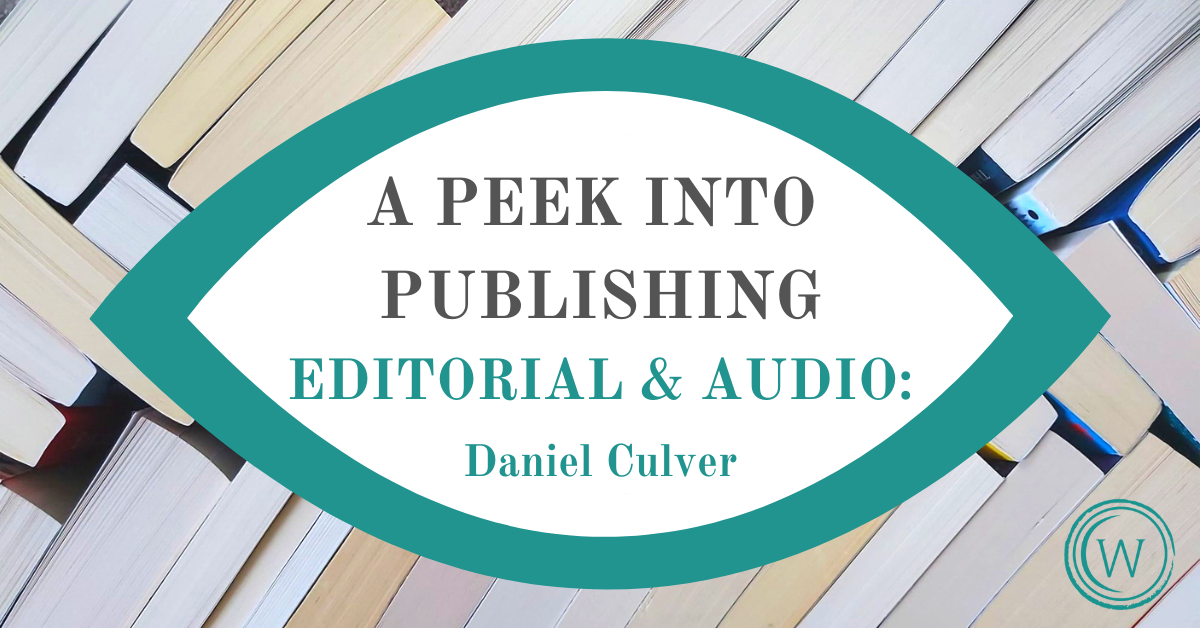
Welcome back to the latest Peek into Publishing! We love showing you around our departments and offering insight into a wide range of roles. Take a look at our Peek into Publishing page for more posts. This week we’re delving into the worlds of editorial and audio in publishing and how those overlap in Daniel’s role.
Daniel Culver, Editorial and Audiobook Manager
How did you get into the industry and into your current role?
I began my career in Education and Youth Work before I took a break in my mid-twenties to raise my daughter. Being a single parent, I was able to get a grant that allowed me to study Publishing with Creative Writing at Middlesex University.
During my final year, I found a temporary role as an Editorial Assistant at Pearson Education (whose offices happened to be very close to where I lived at the time). I worked for two weeks in Pearson’s schools department (which was also my first foray into audiobooks) and I was then offered another two week placement in the Vocational department, where I did some market research.
My role was due to come to an end when I saw an advert for a Senior Editor in the trade professional department, whose imprints included the FT, Prentice Hall and Longman. Being both extremely naïve and hugely inexperienced at the time, I applied for the job. To my surprise, the Editorial Manager asked to meet with me, and while she told me that I was clearly not qualified for that particular role, she was about to lose another Editor to maternity leave so wondered if I might like to cover that vacancy instead. Of course, I said yes and that was how I got my start in the industry. Part perseverance and part dumb luck.
I ended up working at Pearson for several years, first as a Desk Editor, then I moved departments and worked as a Senior Editor on the International Schools list which was very much cut and shut publishing (making books from bits and pieces from other books). I hated it so much I decided to leave publishing altogether (at least for a while), working instead as a designer.
I returned to books a couple of years later when I got an Editor role at Hodder Education and then moved to RIBA where I worked a Project Editor on architectural books.
I joined Watkins in 2019 as a Managing Editor and have since become the Editorial and Audiobook Manager.
What does your day to day look like as Editorial and Audiobook Manager?
I begin by clearing my inbox, dealing first with the smaller tasks just to get them out of the way. Usually there are questions from freelancers about any number of books I might have sent them to edit, or an author requesting something. Perhaps the studio might have questions about an audiobook we’ve commissioned.
Once the smaller tasks are out of the way, I will work through the list of books that are currently in production, checking our schedule to make sure nothing is going to slip. I might have page proofs or audio files to check; maybe I’ll have to book something in with a freelancer as well.
Then there are invoices to process, or advance copies to sign off on. More emails and small fires to put out. Then meetings. Lots and lots of meetings.
This month I’m juggling an Asian cookery book, a book about martial arts, two self-help titles and a number of audiobooks, also.
What were you most surprised to learn when you started in editorial and audio in publishing?
How little time I actually have to sit and read. My first role in publishing was all reading. Reading and checking proofs. Whereas now, much of my job involves overseeing other editors and freelances, while ensuring everything comes together on time and within budget.
What is the best thing about your job?
Being able to use everything I’ve learned over the last decade in one role – incorporating editing, design, typesetting, audio and project management.
Working on audio I get to work across several of the Watkins Media imprints as well.
What is the most challenging part of your role?
Publishing new books and audiobooks every month. We produce a constant cycle of new titles, somewhere in the region of 30-40 printed books and maybe 30 audiobooks a year, so my job is a juggling act of sorts. I couldn’t do it without such an amazing team of colleagues.
What would be your top tip for people applying to work in publishing?
Every route into publishing is different, so work on getting your foot in the door – any door (and either foot) – and then work on anything and everything that you can.
I worked in several departments, first as an Editorial Assistant and then in market research. I also worked in design and copywriting before I found my way into the industry. The experience I gained across those roles has all come into play in my current role.
What’s one Watkins book you’d encourage everyone to read?
The New Heretics by Andy Thomas and The Cabinet by Un-su Kim, they’re both fantastic in their own ways.
Tell us about a project you’re currently working on
I’m currently working on a new imprint – something completely new which is very exciting but I’m not sure I can say any more than that, keep your eyes peeled!
That’s all for this week! We hope you gained a little more insight into our editorial and audio departments. We wish those of you seeking a job within editorial and audio in publishing the best of luck! If you want to learn more about upcoming “A Peek Into Publishing” projects, you can follow Watkins on Twitter.
